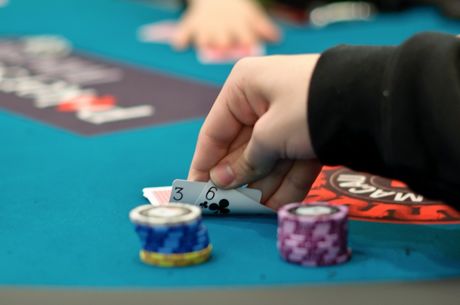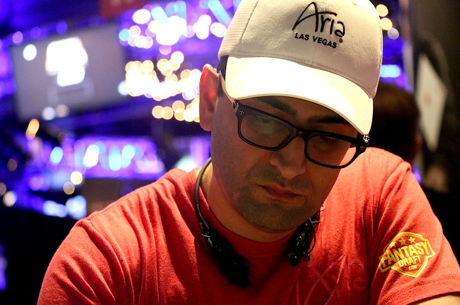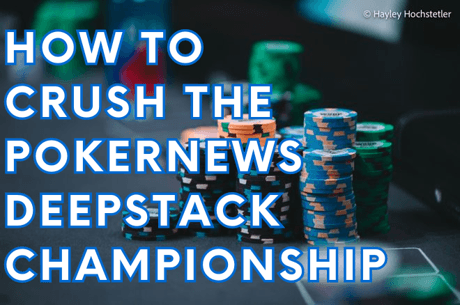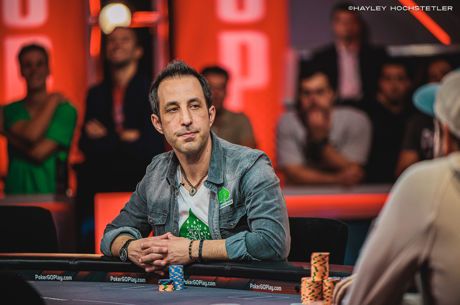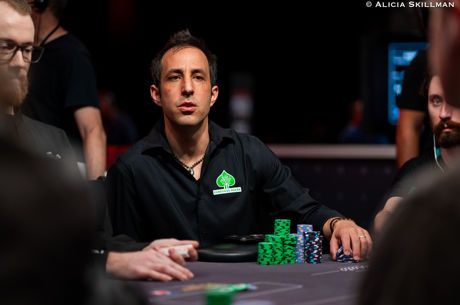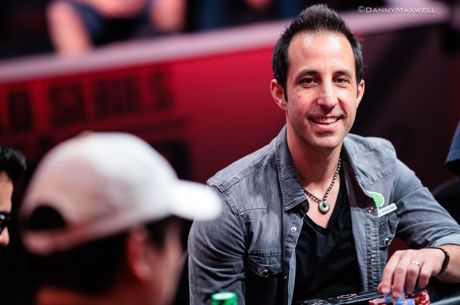MTT Strategy: How to Make Poker Tournaments Profitable
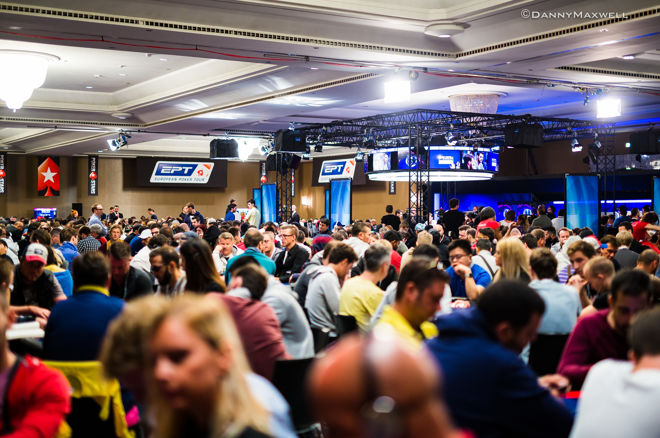
For many no-limit hold'em players, tournaments are their favored format, providing challenges they prefer over cash games while also delivering the exciting possiblity of winning a lot for a little, relatively speaking. In our recent series covering "10 Multi-Table Tournament Tips," we've shared advice covering a wide range of tournament-related concepts and strategy, including guidelines to help you succeed in every stage of the tournament right through the final table.
We started out discussing several of the key strategic differences between fast and slow structures in MTTs, including sharing advice for how to interpret a tournament's structure and some consideration of how the speed of a tournament can affect the relative importance of skill and luck.
Another topic of general consideration covered early on included a discussion of stack sizes and their importance in tournaments. Along with hand strength and position, your stack and your opponents' stacks matter greatly when it comes to assessing the best way to play each individual hand. We also discussed two distinct approaches to tournament play — accumulating as many chips as possible, and focusing on survival — and how successful tournament players are consistently able to keep both of those goals in mind.
From there we moved into strategy advice for the various stages of tournaments, including the early levels, the tournament's "middle stage," the period just before the bubble arrives as well as the bubble stage, the stage when the tournament is in the money but not yet down to one table, and at last the final table.
With early stage MTT strategy we discussed deep-stacked play as well as trapping and avoiding getting trapped, among other topics. Our discussion of strategy during the middle stage then focused largely on stack sizes and the different approaches to playing big, middle, and short stacks (and playing against each, too).
When the tournament gets near the money bubble (but the bubble hasn't quite arrived), we discussed reading your table for players who seem to be tightening up, the value of taking the initiative in pots during a time when many are unwilling to do so, and the importance of not taking unneeded risks that could threaten your own chances of making the money and/or going deep.
From there we moved to bubble strategy, again focusing on reading opponents' tendencies (who is looking merely to cash? who is being more active and trying to accumulate?) and the need to stay away from passive play. Then once the tournament reaches the money, our attention shifted toward adjusting for more preflop poker and eventually short-handed play, all the while being mindful of the increasing payouts and how they are potentially affecting others' play.
We then offered considerations for how best to approach the final table of a MTT, once more returning to the different strategies you can employ as a big stack, a medium stack, or a short stack in your efforts to get to the final spots and ideally take the tournament down.
From there we capped the discussion with some talk of bankroll management for playing multi-table tournaments and how it differs from managing a cash game bankroll.
Regarding that latter topic, we noted how the variance of multi-table tournaments can sometimes lead to lengthy stretches without cashing. But there's also always that chance in MTTs of realizing a huge return on your investment, sometimes winning 100x or more of your buy-in (something not really possible in cash games).
That's just one of the reasons multi-table tournaments are a favored format among many players. Of course, having a thorough understanding of MTT strategy can add a lot to your enjoyment of them by increasing your chances of consistently performing well in them.

